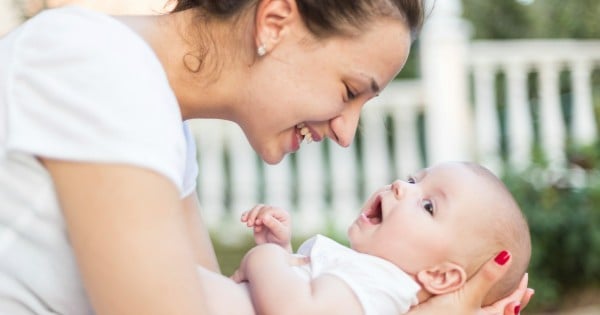
Nicola Dawson, University of the Witwatersrand
There are a few established “rules” for being a good parent. Praise your children for their achievements, big or small. Be warm and happy when you’re around them. Smile at them and stay upbeat. When it comes to babies, make lots of face to face verbal contact. Look at and talk to them while they babble and play.
These approaches are based on extensive studies that seek to understand the relationship between parenting and child outcomes. Again and again, research has found that parenting behaviours have a huge impact on child development and success, from school performance to good peer relationships. The conclusion? Parenting matters and certain ways of parenting are better than others.
But how much does where you live or grew up influence how you parent? And are the same parenting techniques relevant in every setting? This is what I have studied while researching my PhD.



